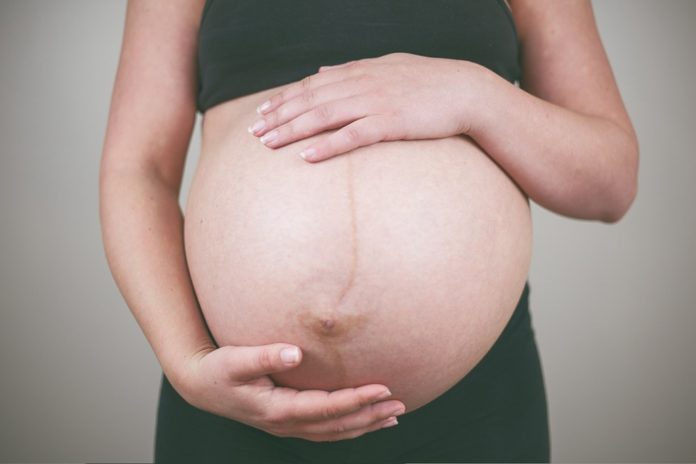Study shows that when a pregnant mother is exposed to pressure, the fertility of her son may be compromised
Pressure on a pregnant mother to produce a male offspring – so common in Indian households – could end up reducing the fertility of the son.
Men whose mothers were exposed to stressful life events while they were in the first 18 weeks of pregnancy may have reduced sperm counts when they become adults. A study published in in Human Reproduction, one of the world’s leading reproductive medicine journals, has come to this conclusion.
Research has shown that the first few months of pregnancy is when male reproductive organs are at their most vulnerable stage of development. This current study of 643 young men aged 20 found that those who were exposed to at least one stressful life event during early gestation (0-18 weeks) had worse sperm quality and lower testosterone concentrations than those who were not exposed, or who were exposed during later gestation, between 18-34 weeks.
Those who were exposed to stressful life events in early gestation had lower total sperm counts, fewer sperm that could swim well and lower concentrations of testosterone than those exposed to no events
The findings come from the Western Australia’s Raine Study, a multi-generational study that recruited nearly 3000 women in their 18th week of pregnancy in the period between May 1989 and November 1991. The mothers completed questionnaires at 18 and 34 weeks’ gestation, and each survey included questions about stressful life events during the preceding four months of pregnancy. These events included death of a close relative or friend, separation or divorce or marital problems, problems with children, mother’s or partner’s involuntary job loss, money problems, pregnancy concerns, moving home or other problems.
A total of 2868 children (1454 boys) were born to 2804 mothers and were followed by the researchers, making this the first study to investigate prospectively the links between exposure to stressful life events in early and late gestation and male reproductive function in young adult men. When they reached 20 years old, up to 643 young men underwent a testicular ultrasound examination and provided semen and blood samples for analysis.
The researchers found that 63% of the men had been exposed to at least one stressful life event in early gestation, while fewer stressful life events occurred in late gestation. Those who were exposed to stressful life events in early gestation had lower total sperm counts, fewer sperm that could swim well and lower concentrations of testosterone than those exposed to no events. The researchers adjusted their analyses to take account of factors that could affect their calculations, such as the mothers’ body mass index, socio-economic status and whether or not the mothers had given birth previously.
The senior author of the study, Roger Hart, Professor of Reproductive Medicine at the University of Western Australia and medical director of the Fertility Specialists of Western Australia IVF unit, said: “We found that men who had been exposed to three or more stressful life events during early gestation had an average of 36% reduction in the number of sperm in their ejaculate, a 12% reduction in sperm motility and an 11% reduction in testosterone levels compared to those men who were not exposed to any stressful life event during that period. This suggests that maternal exposure to stressful life events during early pregnancy, a vulnerable period for the development of male reproductive organs, may have important life-long adverse effects on men’s fertility. This contrasts with the absence of any significant effect of exposure to maternal stressful life events in late gestation.”
In their Human Reproduction paper, the authors write: “These potential associations could provide important insight into the decline of total sperm count in Western men, which has been, apart from genetic and direct spermatogenic damage, largely unexplained.”
Prof Hart said that exposure to stressful life events during early pregnancy was unlikely to cause a man to be infertile by itself, but when added to other factors, it could contribute to an increased risk of infertility.


